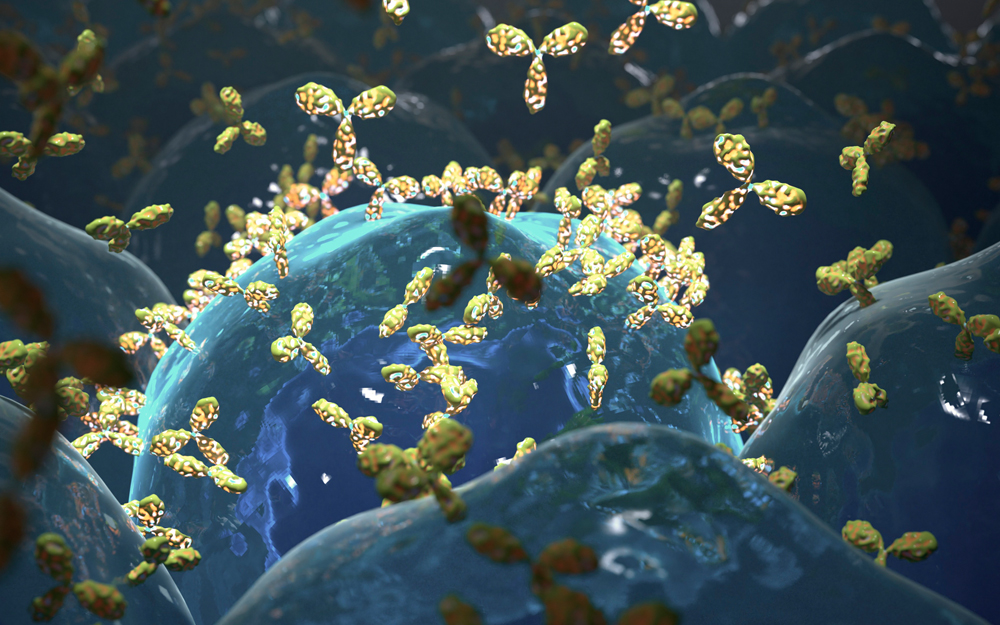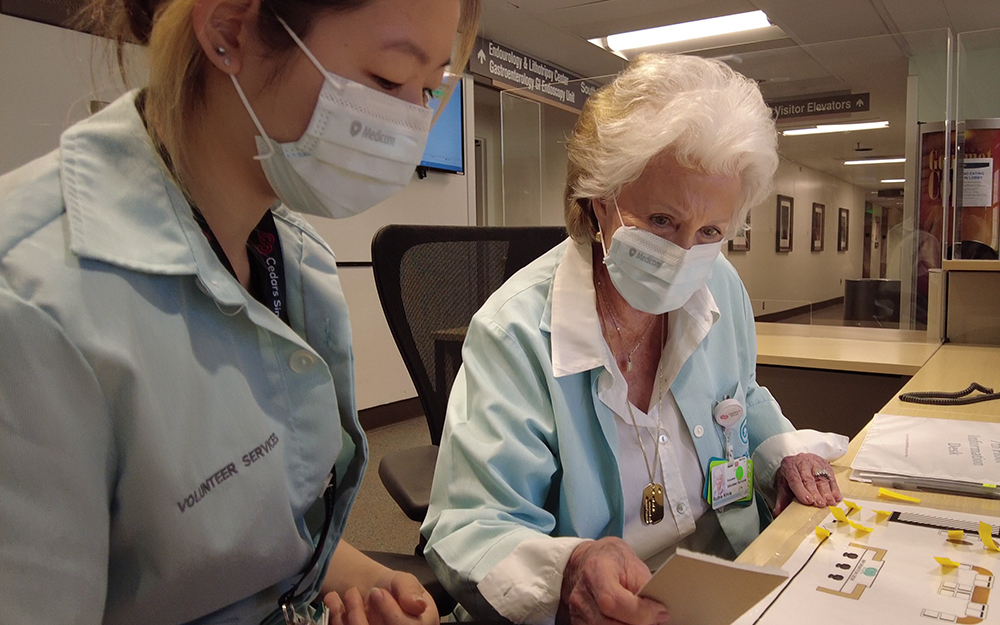What Is Chemo Brain?
Date
March 25, 2019

Date
March 25, 2019
Credits
Medical providers featured in this article

In Brief
{{cta-block}}
Getting through cancer treatment is physically taxing, and it also can be mentally taxing.
Many cancer patients report symptoms collectively known as cancer-related cognitive impairment or "chemo brain."
"Chemo brain is actually not a great term for this. I have many patients who are struggling with these symptoms who've never had chemo."
What is chemo brain?
Chemo brain is a sort of mental fog that affects a patient's overall cognitive function. Symptoms are subtle and often go unnoticed by loved ones.
Chemo brain symptoms include:
- Mild forgetfulness
- Word-finding difficulties (searching for a word that's on the tip of the tongue)
- Difficulty remember dates, names, phone numbers, etc.
- Trouble concentrating
- Difficulty multitasking
- Taking longer than usual to finish routine tasks
Chemo brain is extremely common, says Dr. Arash Asher, director of Cancer Rehabilitation and Survivorship at Cedars-Sinai.
"As many as 75% of cancer patients have experienced it during their treatment," says Dr. Asher. "About a third of patients may continue to struggle after treatment."
For most patients, the effects resolve within 6-9 months after they finish treatment. For others, the symptoms could last years.
{{providers}}
What do we know about chemo brain?
So what causes these symptoms? Is it caused by chemotherapy as the name suggests or is there more to it?
It's unclear what causes chemo brain, says Dr. Asher. There doesn't seem to be any one treatment or drug that impacts the likelihood of getting chemo brain.
"Chemo brain is actually not a great term for this," says Dr. Asher. "I have many patients who are struggling with these symptoms who've never had chemo."
"Chemo brain is not dementia. And there is no evidence that it leads to dementia."
There doesn't seem to be a gender or age disparity or correlation to the patient's type of cancer.
"Men and women can be equally impacted," Dr. Asher says. "It may be more commonly reported among breast cancer survivors because hormonal treatments may contribute to the symptoms, but it doesn't mean patients with other cancers don't get this."
There are many other factors to consider. During cancer treatment, patients usually experience increased stress, changes to their sleep and diet, as well as a variety of medications to help with nausea and pain.
Any of these factors could influence cognitive performance.
For all the mystery surrounding this condition, there is one thing we do know for certain, says Dr. Asher.
"Chemo brain is not dementia," he says. "And there is no evidence that it leads to dementia."
In Discoveries: The Weapon Inside
What are we doing about it?
"We need a lot more research in this area," Dr. Asher says. "We have validated that this phenomenon is real, but now we need more research on the best interventions to help support these patients."
In the meantime, Cedars-Sinai has created Emerging from the Haze, a wellness and resilience program available to breast cancer survivors. This 6-week rehabilitation course helps patients cope with the effects of chemo brain.
In a weekly class, patients are given strategies designed to improve cognitive function. In addition, emphasis is placed on lifestyle changes that can enhance cognitive performance and improve coping with these symptoms.
Helping Cancer Survivors Live Their Lives to the Fullest
Participants are also encouraged to allow time for the brain to heal.
"It's important to remember that for many, time away from chemotherapy and cancer treatment may be one of the best healers," says Dr. Asher.





